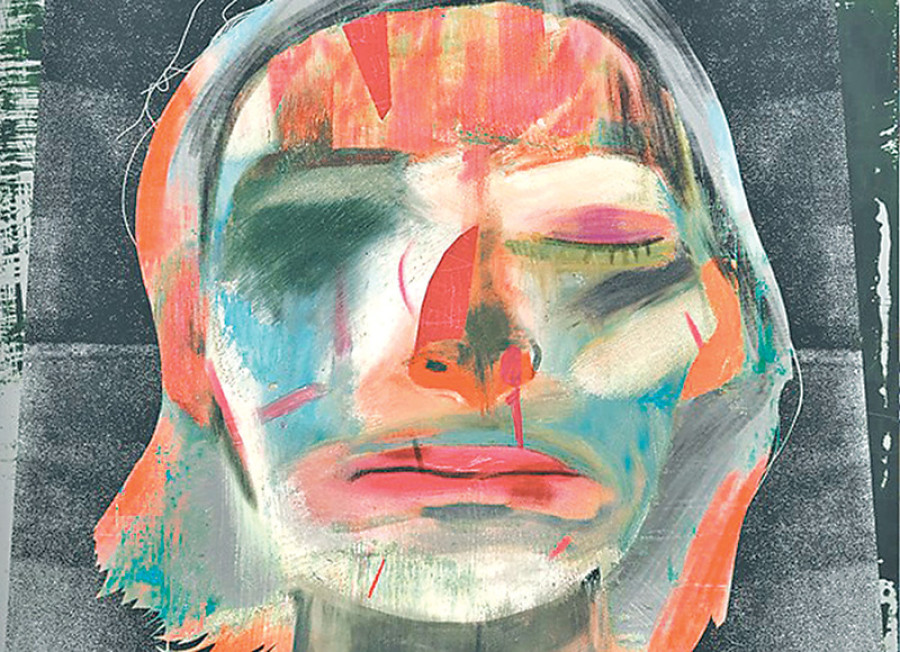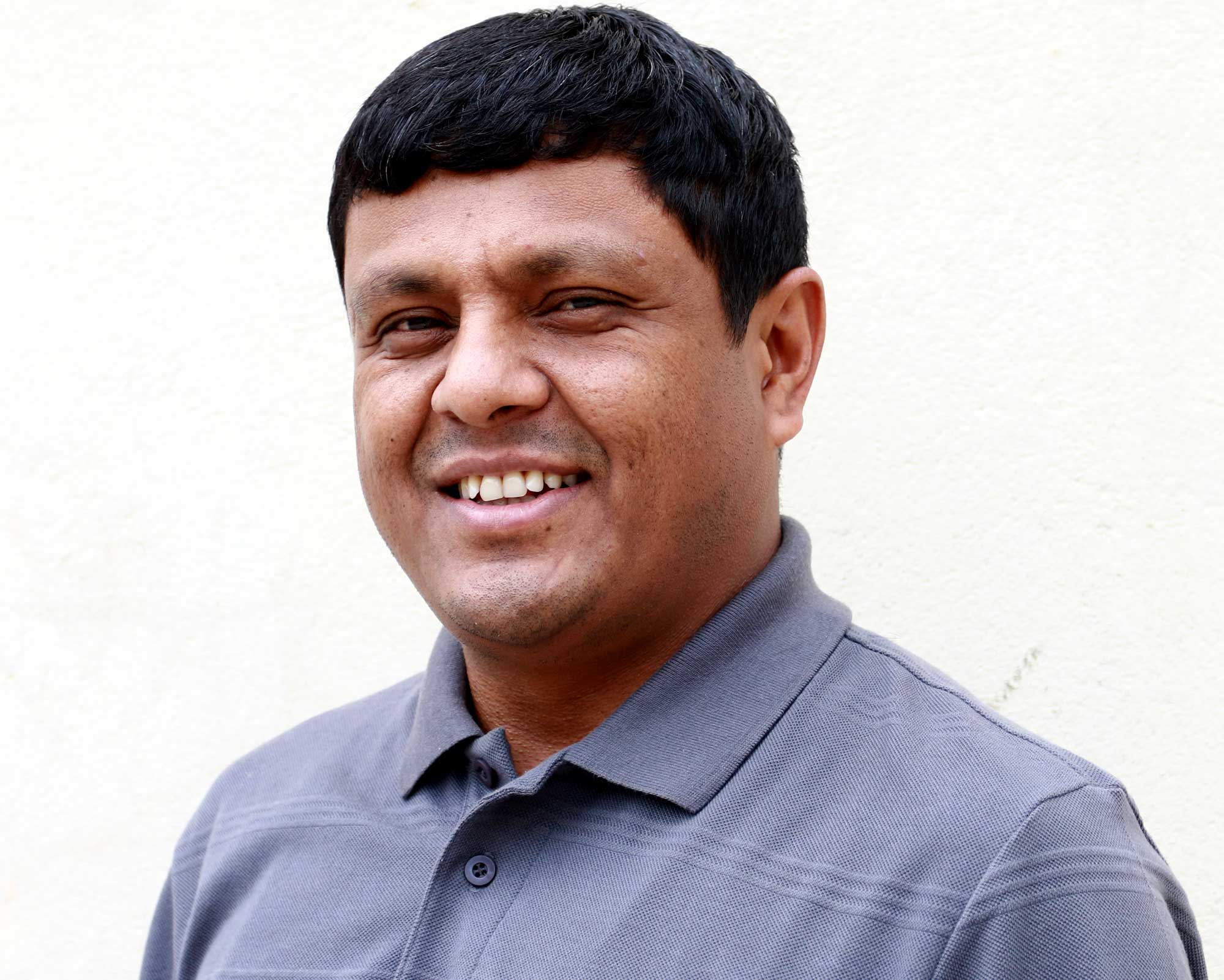Opinion
End the conflict
Political parties have been debating amnesty while making no effort to strengthen the existing justice system
Ram Kumar Bhandari
The Supreme Court on April 13, 2017 issued an arrest warrant for Balkrishna Dhungel, a Maoist leader and former parliamentarian, who was convicted of a murder that took place during the civil war. Supreme Court Justice Anand Mohan Bhattarai stated, “If government agencies keep silent when the judiciary receives threats and intimidation from convicted perpetrators, the judges and the court will lose credibility.” This statement appears to have been directed at the government.
Seven years ago, Dhungel was sentenced to life in prison; he was then a member of the first constituent assembly. Maoist leaders argued that such a conviction was against the spirit of the peace process, and the government decided to annul the conviction and dismiss the case. The key political parties—the Nepali Congress (NC), the CPN-UML and the Maoists—have been defending alleged perpetrators of war crimes from both sides of the conflict for years. The political parties, the judiciary and the executives have been debating amnesty while making no effort to strengthen the existing justice system. All sides have forgotten about human rights obligations.
Attorney General Raman Shrestha recently said, “The courts in Nepal are opposing the spirit of the Comprehensive Peace Agreement and creating obstacles in the peace process”. It seems that the executive and the judiciary have not reached an understanding.
In the aftermath of the conflict, the coalition government withdrew hundreds of conflict-related criminal cases in a ‘political consensus’. The Rayamajhi Commission’s report (2006) and the National Human Rights Commission’s recommendations have not been implemented. The government’s rejection of the United Nations Human Rights Office (UN OHCHR) Nepal conflict report (2012) only serves to promote a rule of lawlessness and a culture of impunity.
Maina Sunuwar’s case
On April 16, 2017 the District Court of Kavre convicted three former Army officers who were accused of Maina Sunuwar’s murder. Sunuwar was 15 years old when she was allegedly kidnapped, tortured, raped and killed in 2004. The District Court convicted Babi Khatri, Amit Pun and Sunil Adhikari; they have been sentenced to 20 years’ imprisonment. The serving Captain, Niranjan Basnet, was acquitted. He still serves in the Army and now holds the rank of a major. Hundreds of officials from the security forces have denied criminal accusations against them. They have not respected the civilian courts’ verdicts against them and are offering no support to the ongoing transitional justice process. Instead, they threaten victims, activists and witnesses.
Though the recent court decision on Sunuwar’s case brought a sense of hope for obtaining justice, it is difficult to hold perpetrators accountable in Nepal’s current political scenario. Key political parties and security forces seem to be in agreement to forget the past in a bid to serve their mutual interests. Whether perpetrators will be punished remains to be seen.
In Nepal, there is a gap between the criminal justice system and the approach to transitional justice. The government is neither implementing the rule of law nor adopting transitional justice norms. The political parties and human rights groups continue to debate amnesty versus prosecution, while the needs of the conflict victims are ignored. The politically-controlled transitional justice mechanism fails to meet the victims’ expectations and there is little hope for meaningful transitional justice reforms. Both TJ commissions—the TRC and the CIEDP—have failed to develop a partnership with victims’ groups, and human rights and civil society organisations. They have been unable to investigate the registered complaints and deliver strong reports to accomplish their mandates.
Vanishing hope
In the words of a family activist, Parbat, “The long wait continues, the hope for justice is a far dream, I have no dreams to get justice from perpetrators in power and the commissioners appointed by them. I appeal to all fellow conflict survivors not to vote for irresponsible political parties that betrayed us for many years, I do not trust the politically controlled truth commission.” The transitional justice mechanisms are inert and off-track due to the lack of laws, resources and expertise. There is no political will; various internal challenges demand the serving of political interests instead of the promotion of fair investigations. The existing transitional justice mechanisms are failing to deal with cases independently. With no provisions to address more than 60,000 registered complaints of conflict era violations, the commissions are about to collapse.
Nepal’s post-conflict period has seen the politicisation and commodification of conflict victims and survivors. Families of the victims demand to know the truth through the identification of the perpetrators and reasonable answers. In addition, families have the right to reparations, as laid out by the UN. These rights include: restitution, compensation, rehabilitation, satisfaction, and guarantees of non-repetition. However, Nepal’s transitional justice process does not recognise reparation as a right of victims, and it has unfortunately come to be viewed solely in terms of money. The government doles out money to families and considers the matter closed, adding insult to injury. Moreover, the distribution of compensation is politicised; the parties in government use such policies to expand their political space and to distribute money at election-time. They exploit victims’ poverty without strengthening the existing commission process. These practices are unsustainable and ineffective; they make no contributions to the on-going transitional justice process.
There is a need of an independent commission with a strong legal mandate, adequate resources, expertise and power. This commission can investigate and recommend prosecution and reparation to support conflict victims’ communities and their livelihood.
Nepal must find a way to reconcile various actors, all of whom must contribute to successfully implement the peace agreement, the National Human Rights Commission’s recommendations and court directives, to advance human rights and the rule of law. There is a need for both criminal and transitional justice; every actor should work to solve the current deadlock and move forward with due respect to a victim’s right to truth and justice. If victims’ needs and demand for justice are not addressed, the long wait and continuing injustice will produce a culture of revenge and radicalise the marginalised, which will help fuel another conflict.
Bhandari is an activist and a PhD researcher at NOVA Law School, New University of Lisbon




 9.7°C Kathmandu
9.7°C Kathmandu










